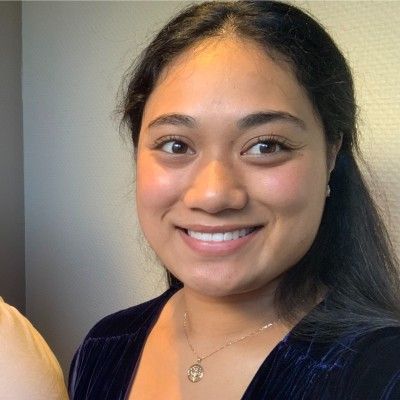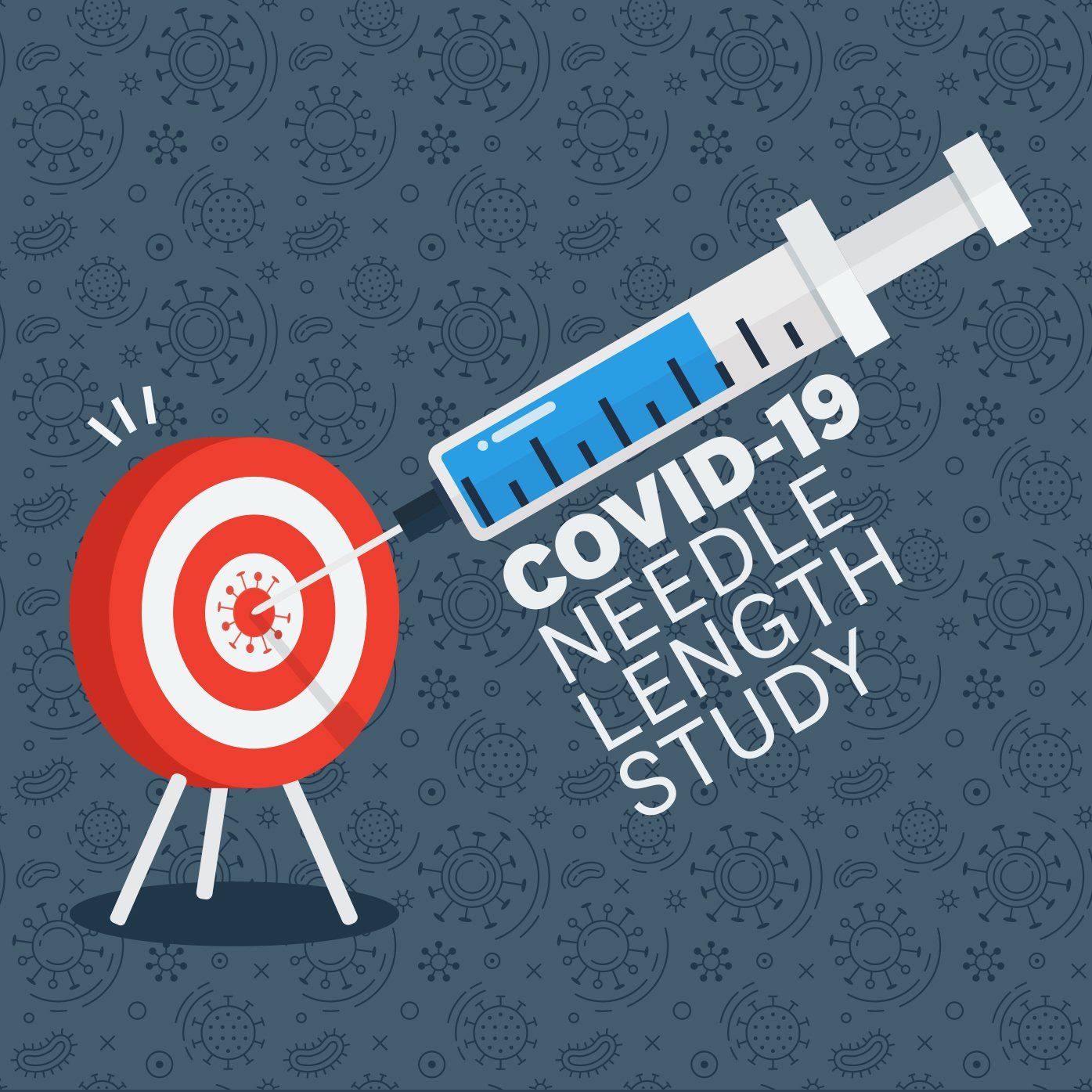

Tongan clinical researcher and PhD student at Victoria University of Wellington, Melemafi Porter, encourages more Pasifika representation in the clinical and medical fields.
Photo/Supplied
Melemafi Porter: 'We need more Pasifika in clinical research’
Tongan clinical researcher and PhD student Melemafi Porter is leading a study on the effectiveness of Covid-19 vaccines.


‘We Are Not Your Dusky Maidens’: Pacific women reclaim their stories

Pacific representation in focus as parties gear up for 2026 election

Tokelau election delay exposes fragile Pacific Islands transport links

Sāmoa approves millions in school payout as funding questions remain

‘We Are Not Your Dusky Maidens’: Pacific women reclaim their stories

Pacific representation in focus as parties gear up for 2026 election

Tokelau election delay exposes fragile Pacific Islands transport links
Melemafi Porter, a clinical researcher at the Medical Research Institute of New Zealand (MRINZ), is conducting a critical study that examines the effectiveness of Covid-19 vaccines in individuals with larger body sizes, particularly among Māori and Pasifika communities.
“Our study is coined the Covid Needle Length Study and the main objective of it is to basically compare the immune response and the side effects that are experienced when we give the vaccine, either into the fat with the short needle versus the muscle with the long needle,” Porter says in an interview with Island Time host Tofiga Fepulea’i.
The study was prompted by prior research at MRINZ, which showed that the standard 25-millimetre needle for Covid-19 vaccines may not be long enough to reach the muscle in individuals with larger bodies.
“The reason that this study was prompted is because at the Medical Research Institute of New Zealand, we did studies previously looking at the skin-to-muscle distance,” Porter says.
“For the Covid vaccinations, they are registered to go into the muscle and found that the standard needle length we use to give the vaccines, which is 25 millimetres, is too short for getting it to the area in people who are considered bigger bodied or obese, which is a cause of concern considering that our Māori and Pasifika communities have the highest rates of obesity here in New Zealand.
“So it’s just double-checking whether this affects vaccine hesitancy from how much it hurts or the immune response and the protection against Covid.”
While administering vaccines into fatty tissue instead of muscle may not significantly threaten protection, Porter warns that individuals with larger bodies may experience shorter immunity.
“You still get protection, but there’s evidence out there that shows, especially in persons who are bigger bodied, that the waning or the protection from the vaccine is seen to wane off or not last as long, which is an issue, but is also why we have recurring boosters.
“But we want to make sure that the protection we have in between the first vaccination you get to the next booster lasts long enough until you get protected again,” Porter says.
The research team is seeking 400 participants for the study. They have recruited 265 people but are encouraging more individuals to participate.
“In terms of risks, I reassure you, you do get the Covid vaccination, and there is protection that you get from it.”
Looking ahead, Porter hopes this study will influence future vaccination guidelines and improve the efficacy and safety of those practices.
“That’s the hope of the outcome from the study, is that the results will imply whether we need to change up the way we give the vaccines in the future to make sure that they are effective in doing their job but to also change up the vaccine guidelines to better inform those practices.”
Porter acknowledges that there are challenges in raising awareness about the need for more inclusive vaccination research.

Tongan clinical researcher Melemafi Porter leads the Covid-19 Needle Length Study. Photo/LinkedIn.
“One of them is within our Pacific community, and I think that stems just from the astigmatism around clinical studies,” she says.
“I believe that there is a lack of informative information for our communities as to what clinical trials offer.
Born and raised in Wellington with roots in Ha’apai and Tongatapu, Tonga, Porter initially pursued a medical career before transitioning to biomedical science.
After studying at Victoria University of Wellington, where she is pursuing her PhD, Porter discovers her passion for clinical research. She focuses on issues that directly impact Pacific communities.

The Covid-19 Needle Length Study examines the effectiveness of Covid-19 vaccines in individuals with larger body sizes, particularly among Māori and Pasifika communities. Photo/Medical Research Institute of New Zealand.
Despite being one of the few Pasifika clinical researchers, Porter is committed to breaking barriers and increasing representation in medical research.
“I hope to inspire more to come through this way because we need more of our Pasifika in the clinical research and the clinical side of things.”
Porter’s message to young Pacific people interested in clinical or medical research is to ask questions, seek support, and challenge traditional educational expectations.
She credits her success to her supportive family, research team, and the Pasifika Student Services, which helped her navigate her academic journey.